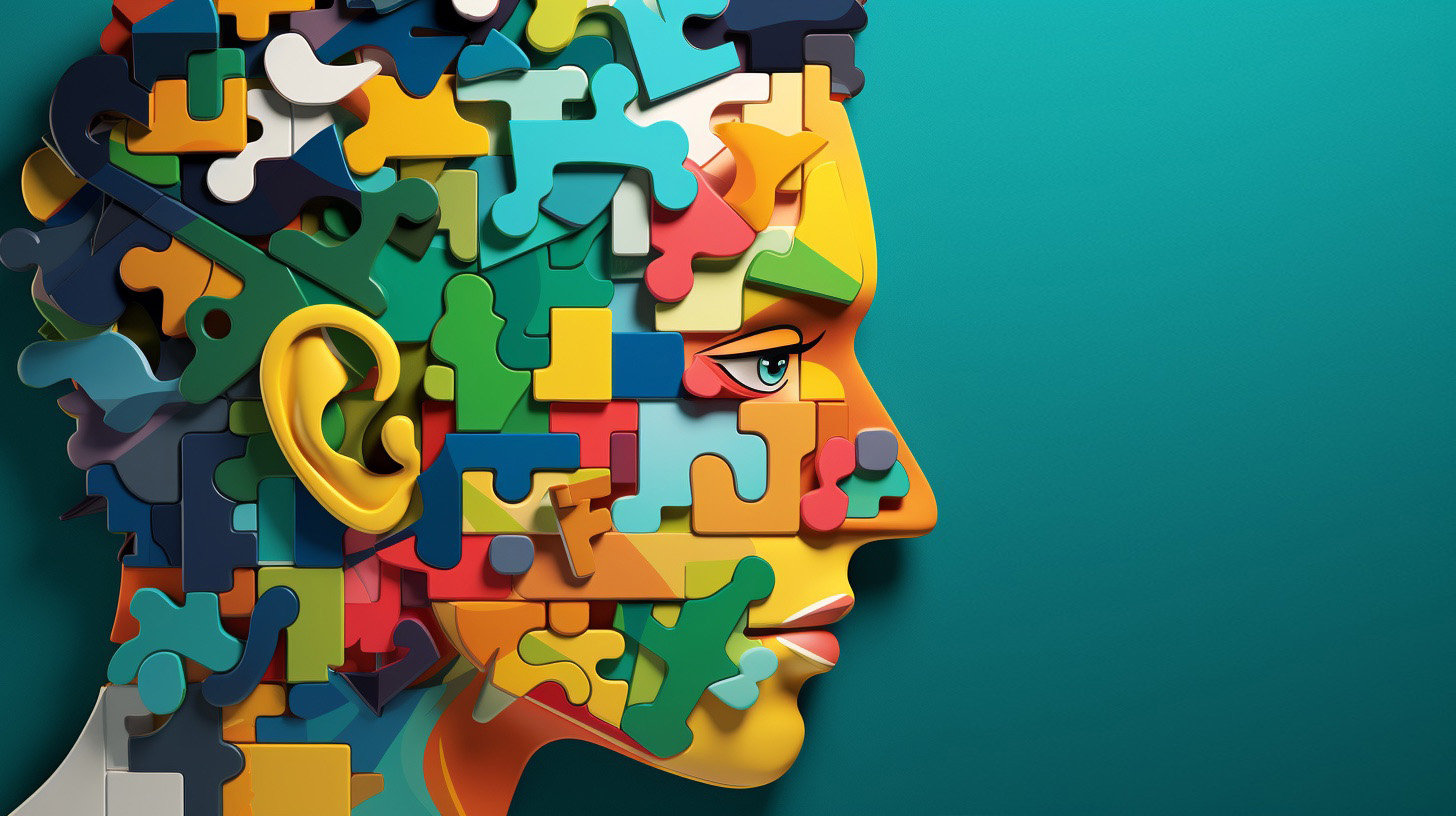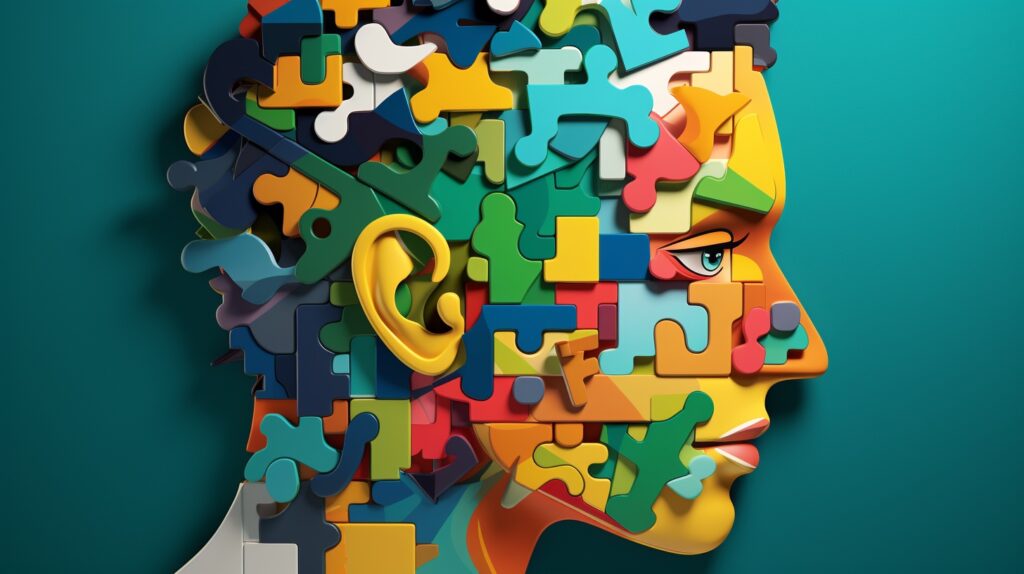Parts and Self in IFS - Internal Family Systems
Embark on a exploration of Internal Family Systems (IFS), delving into the concept of Parts and Self. Discover how these internal sub-personalities or ‘parts’ interact within your internal family, shaping your emotions, thoughts, and behaviors. Learn how IFS fosters understanding, healing, and integration to achieve inner harmony and personal growth.
IFS in a Nutshell
Internal Family Systems (IFS) is a powerful therapeutic model that views the mind as a complex system made up of different sub-personalities or ‘parts’. These parts, akin to distinct characters within an internal family, each have their own beliefs, emotions, and functions. The core premise of IFS is that these parts can be understood, harmonized, and integrated, leading to a more balanced and authentic self-experience.
Key Principles
Multiplicity of the Mind: IFS recognizes that individuals possess a multiplicity of inner parts, each with its own unique perspective, memories, and emotions. These parts often develop in response to life experiences, aiming to protect the individual from perceived threats or challenges.
Core Self: At the center of the internal family is the “Core Self” – a calm, compassionate, and curious essence that remains unaffected by the challenges faced by the individual. The goal of IFS is to help individuals access and strengthen their Core Self, fostering self-leadership and resilience.
Self-Leadership: IFS introduces the concept of “Self,” representing the Core Self’s qualities of compassion, curiosity, and calm. Through the process of Self-leadership, individuals learn to navigate and relate to their inner parts with understanding and empathy, fostering healing and integration.
Healing Inner Conflicts: Many psychological challenges arise from inner conflicts between different parts. IFS provides a structured and compassionate method for individuals to explore, understand, and transform these conflicts, facilitating healing and harmony within the internal system.
Non-Pathologizing Approach: IFS is a non-pathologizing approach, reframing symptoms and challenges as protective mechanisms developed by parts to cope with life’s difficulties. This perspective encourages individuals to approach their internal experiences with curiosity and self-compassion.
Integration and Wholeness: The ultimate goal of IFS is the integration of conflicting parts, leading to a sense of inner harmony and wholeness. As individuals develop a compassionate relationship with their internal family, they experience greater emotional regulation, improved well-being, and a more authentic connection with themselves and others.
We all have Parts and Self!
Applications
While IFS originated in the field of psychotherapy, its principles and practices have found application beyond therapy. It is increasingly utilized in various settings, including personal development, coaching, and spiritual exploration. The model’s versatility makes it a valuable tool for individuals seeking self-discovery, emotional healing, and a deeper understanding of their inner world.
So what does that mean for you?
Subpersonalities develop as you grow, forming complex interactions among themselves. Meaning our parts are all different. This leads them to interact with each other in certain ways and create a complex system.

For example, think of the Self as a family unit, and each part as a member of that family. Each person in the family has different personalities, interests, experiences, and thoughts. They all want the best for the family. Each member of the family might have a different idea of what ‘best’ means and how to achieve it, though. This leads to complex relationships between family relatives
Managing Internal Systems
In the same way, all your parts want the best for your Self, but their differences may lead to complex relationships, internal conflicts and polarizations. For example, a part may ‘think’ that what’s best for you is to go for it, take the chance, while another part may push for a more cautious approach. This could lead these two parts of your mind to come into conflict when making a decision.
The good thing is, systems can be reorganized, and when this happens, parts and interactions change, too. Internal (self) and external (environment) systems affect each other, so when one changes, the other one will tend to do so too.

The intriguing World of Parts
In the world of Internal Family Systems (IFS), we encounter a fascinating concept—the notion of ‘parts.’ These parts can manifest in various ways—thoughts, voices, sensations, emotions, and behaviors. They are shaped by our life experiences and cultural backgrounds, making them remarkably diverse. These parts, though capable of holding extreme views, also possess a unique adaptability.

The Intricate Dynamics of Internal Parts
As we journey through life, our internal parts undergo a dynamic evolution, forging intricate connections and interactions within us, much like the complex dynamics of human relationships in our daily lives. They collaborate, compete, and occasionally align in unexpected and surprising ways.
Each of these parts harbors a well-intentioned purpose, an innate drive to safeguard us in its distinct manner. These parts are not mere fragments but integral facets of our personality, contributing to our complexity. Some, however, remain frozen in time, clinging to past burdens.
It’s important to note that IFS refrains from labeling any part as ‘bad.’ Instead, its primary objective is to guide these parts toward roles that are more balanced and less extreme. Parts, when approached with care, can engage in constructive dialogues and express their unique perspectives.
Yet, owing to their individual agendas, mediation becomes a vital tool in harmonizing their interactions. Without this mediation, parts may form alliances, engage in competition, display ignorance, deny certain aspects, or even polarize.
The Inner World's Influence on Our External Reality
The fascinating aspect of our inner world is that it has a profound impact on our external reality, and vice versa. IFS seamlessly complements a range of therapeutic approaches, contributing to personal growth and healing.
It’s crucial to remember that within each of us resides a ‘Self’ at the core—a compassionate guide, a wellspring of wisdom that can navigate our inner world with grace and understanding.
Understanding the Self
In IFS, the concept of the Self is at the heart of the approach. The Self represents the core of each individual—a place of consciousness and inherent wisdom. It embodies a unique set of qualities, including acceptance, confidence, calmness, wisdom, compassion, connectedness, leadership, and perspective.
The Role of the Self
The Self is like the conductor of an orchestra, directing the parts within our inner world. While parts have their own roles, skills, and consciousness, the Self guides and observes the orchestra, ensuring harmony and balance.
IFS distinguishes the Self from parts within an individual’s internal system. The ultimate goal of IFS is to relieve and restore extreme or wounded parts, creating a harmonious and coordinated internal system under the guidance of the Self.

Accessing the Self for Personal Growth
When individuals access the state of Self, they gain the insight to communicate effectively with their inner parts, promoting internal harmony. Therapists in IFS work to help individuals reach and maintain this state of Self, enabling them to become counselors to their own internal families.
This internal harmony often translates into positive thoughts and behaviors in the external lives of individuals, fostering personal growth and well-being.
Understanding the Self in IFS is akin to discovering the sun behind the clouds—an ever-present source of positive qualities that, with time, patience, and support, can shine brightly in one’s life.
Follow me on Facebook
© All Rights Reserved Innerrelate.com 2023





